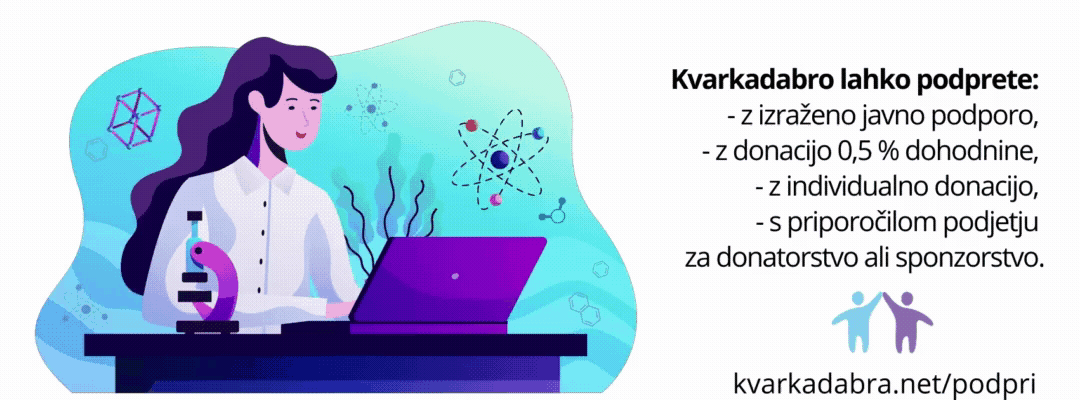Osrednja tema zadnje številke revije Humboldtkozmos, ki jo izdaja Alexander von Humboldt fundacija, se vrti okoli škandalov in goljufij, ki so dodobra načeli ugled znanosti. Izbor osrednje teme ni naključje kajti letošnjo najbolj prestižno nemško nagrado v znanosti “Alexander von Humboldt professorship” naj bi prejel socialni psiholog J. Foester. Do podelitve nagrade ni prišlo, kajti nagrado je odklonil, ko je univerza na kateri je raziskoval v preteklosti potrdila sum, da je manipuliral s podatki. Odlični so vsi prispevki!
V razmislek le zadnji del intervjuja G. Sholla s prof. dr. E. L. Winnackerjem, ustanovnim članom ter prvim generalnim sekretarjem evropskega znanstvenega sveta (ERC), pred tem pa direktorjem nemške znanstvene fundacije.
Are reviewers dazzled by big names?
That is a danger. We advise our reviewers to ignore the impact factor or h-index and concentrate exclusively on scientific quality. This could mean rejecting a Nobel Laureate because even in these circles it can happen that one doesn’t have anything new to offer. If we were to rely exclusively on bibliometrics and prestigious awards, we really would be dazzled. The San Francisco Declaration on Research Assessment of 2012 takes account of this. It should be signed and practised by all research organisations.
In that agreement, more than 80 leading international institutes and science organisations decided not to focus on bibliometric factors but on the merits of the research.
Yes, but how do you do it? And how do you prevent partiality in the face of big names? I really admire the Vienna Philharmonic Orchestra. They had never employed a woman until they started holding auditions behind a curtain. And suddenly, they had female musicians in the orchestra. How can we introduce such a curtain into science?
And?
Unfortunately, it is not as easy for us as it is for musicians. When you read a publication by an eminent candidate, you usually already know who has written it, even if the name has been blacked out beforehand. But in the case of young researchers you don’t know so well, it certainly can be done. When researchers are applying for really big grants there should always be a personal interview at the end of the process as there are for ERC Starting Grants. Then you usually notice if something’s amiss.
Do penitent transgressors deserve a second chance in science?
Of course, there will always be gamblers who simply take a chance and see what happens. So then their careers are over and they set up a company or live off their parents or marital partner. Returning to the academic system, where everything is based on trust, is hardly going to be an option. That’s something everyone who cheats should realise.
















